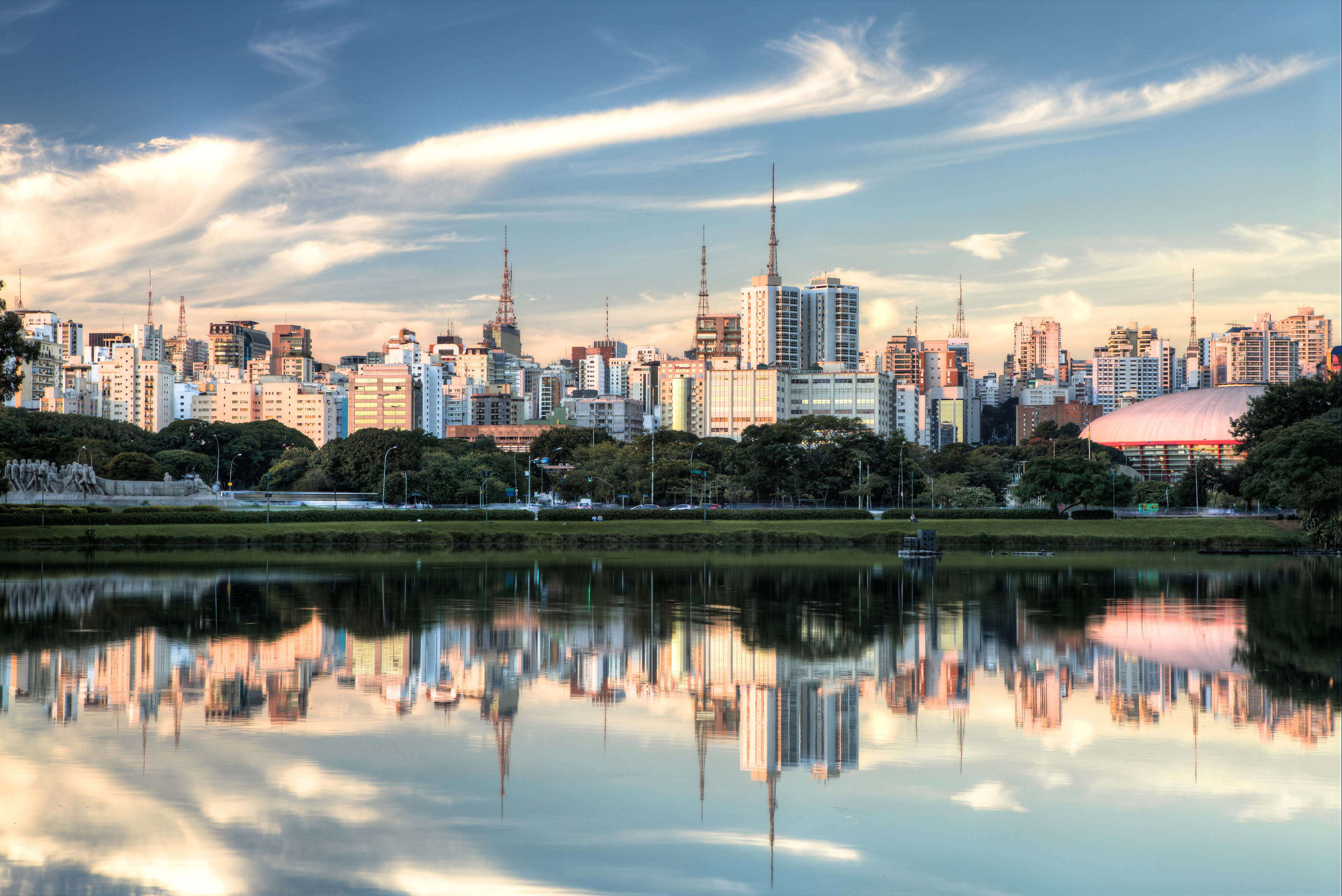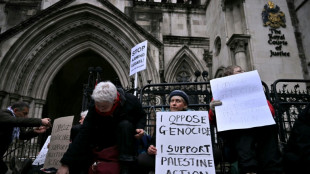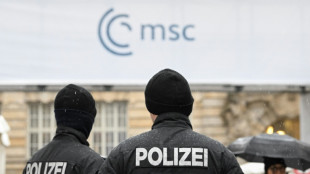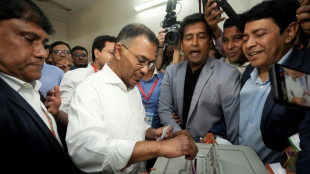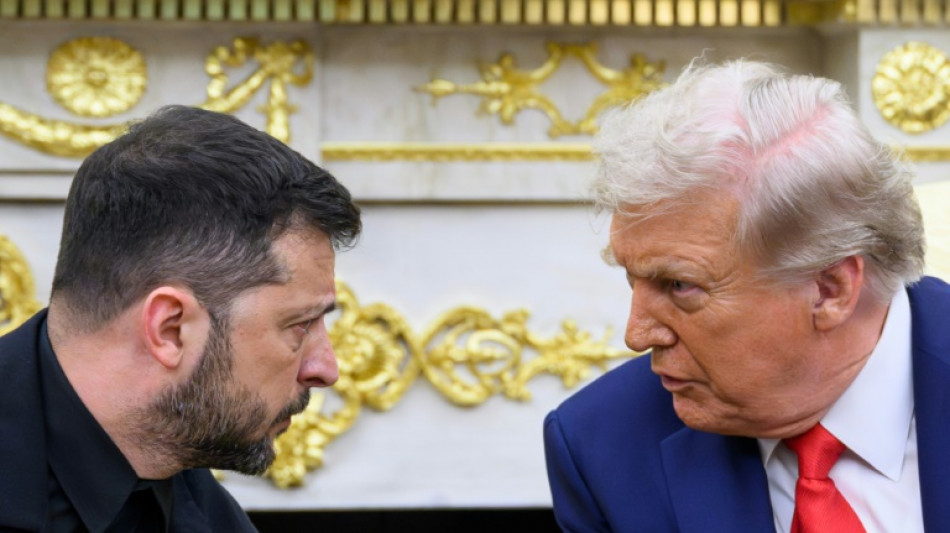

Trump rules out US troops but eyes air power in Ukraine deal
President Donald Trump on Tuesday ruled out sending US troops but envisioned extending US air power as Western nations began hashing out security guarantees for Ukraine before any potential summit with Russia.
Trump, in a flurry of diplomacy aimed at ending the war, brought Ukrainian President Volodymyr Zelensky and top European leaders to the White House on Monday, three days after his landmark encounter with Russia's Vladimir Putin in Alaska.
Trump said President Putin, whom he called in the middle of Monday's talks, had agreed to meet Zelensky and to accept some form of Western security guarantees for Ukraine against Russia -- promises met with extreme caution by Kyiv and European leaders.
Putin proposed holding the summit with Zelensky in Moscow, three sources familiar with the Trump call told AFP. One source said Zelensky immediately said no to the Russian capital.
Trump, long a fierce critic of the billions of dollars in US support to Ukraine since Russia invaded in 2022, said that European nations would take the lead by sending troops to secure any settlement -- an idea that has been mulled by France and Britain.
"When it comes to security, they're willing to put people on the ground," Trump said in a Fox News interview.
"We're willing to help them with things, especially, probably, if you talk about by air, because no one has the kind of stuff we have. Really, they don't," Trump said.
He added his "assurance" that no US ground troops would deploy to Ukraine, and he again categorically ruled out Ukraine joining the Western military alliance NATO.
Trump has sided with Putin in describing Kyiv's NATO aspirations as a cause for the war, in which tens of thousands of people have died.
European leaders, Ukraine and Trump's predecessor Joe Biden called the issue a pretext and pointed to Putin's statements rejecting the historical legitimacy of Ukraine.
- Allies discuss next steps -
Following the Trump talks, French President Emmanuel Macron and British Prime Minister Keir Starmer brought together around 30 of Ukraine's allies known as the "Coalition of the Willing" for virtual consultations.
Starmer told them coalition teams and US officials would meet in the coming days to discuss security guarantees and "prepare for the deployment of a reassurance force if the hostilities ended," a Downing Street spokesperson said.
"The leaders also discussed how further pressure -- including through sanctions -- could be placed on Putin until he showed he was ready to take serious action to end his illegal invasion."
Macron, speaking to reporters before leaving Washington, also called for additional sanctions if Putin does not show a willingness for peace.
Britain's military chief, Admiral Tony Radakin, will travel to Washington on Tuesday for the talks on reassurances.
The military chiefs of staff of all NATO's 32 member countries will also meet by video Wednesday to discuss Ukraine, officials said.
- Geneva offered as host -
Russia has warned that any solution must also protect its own interests.
Foreign Minister Sergei Lavrov told state television channel Rossiya 24 that any deal must ensure the rights of "Russian-speaking people who live in Ukraine," another issue cited by Moscow for the offensive launched in February 2022.
Moscow would surely be seen as a provocative location for a summit, with suggestions it would amount to a surrender by Ukraine.
Macron told French news channel LCI he wanted the summit to take place in Geneva, a historic venue for peace talks.
Swiss Foreign Minister Ignazio Cassis said the government would be ready to offer immunity to Putin, who faces an arrest warrant from the International Criminal Court related to abuses in the war.
Macron and German Chancellor Friedrich Merz have both said the summit could take place in two weeks.
Trump also is seeking a three-way summit involving him, while Macron has called for a four-way meeting to involve Europeans who will be vital to Ukraine's security.
On the streets of Kyiv, there was skepticism about whether the latest talks can end the grinding conflict.
"The main problem is Putin himself doesn't want it," said Anton, 32, who works in a warehouse.
"They can meet as many times as they want but Putin doesn't need it and Donald Trump doesn't really know what to do."
But in Moscow, some people were more optimistic. "I hope we can agree on mutually beneficial terms," said Vyacheslav, 23, who works for the government.
burs-sct/mlm
J.Alzate--BT
